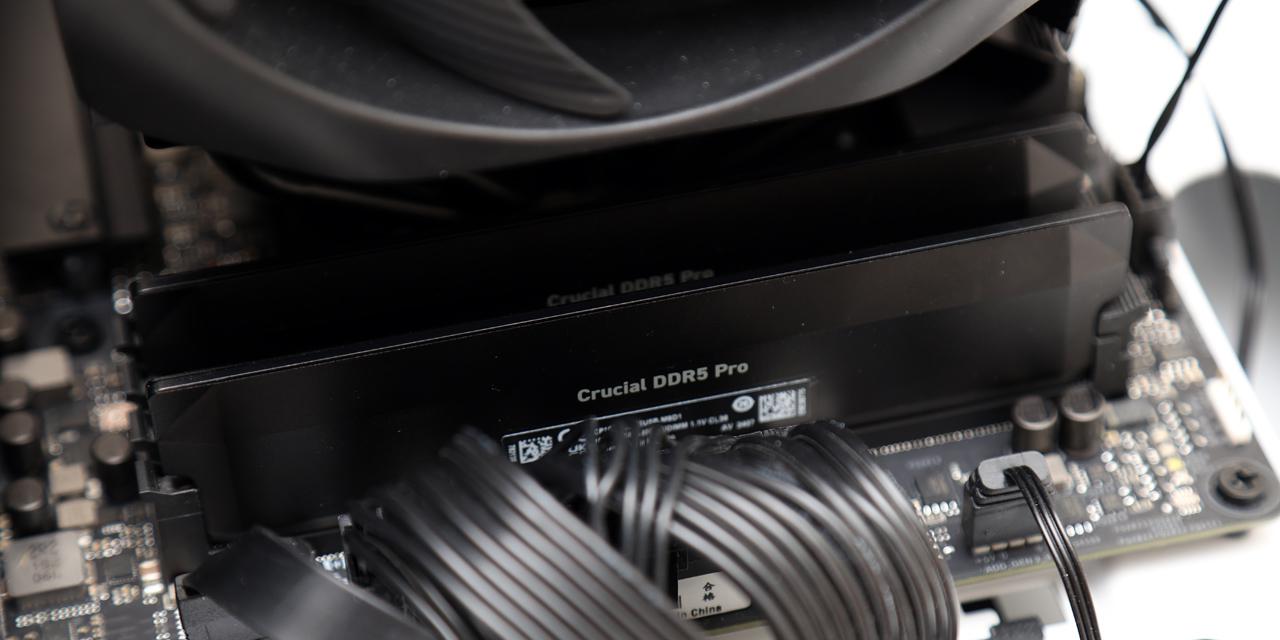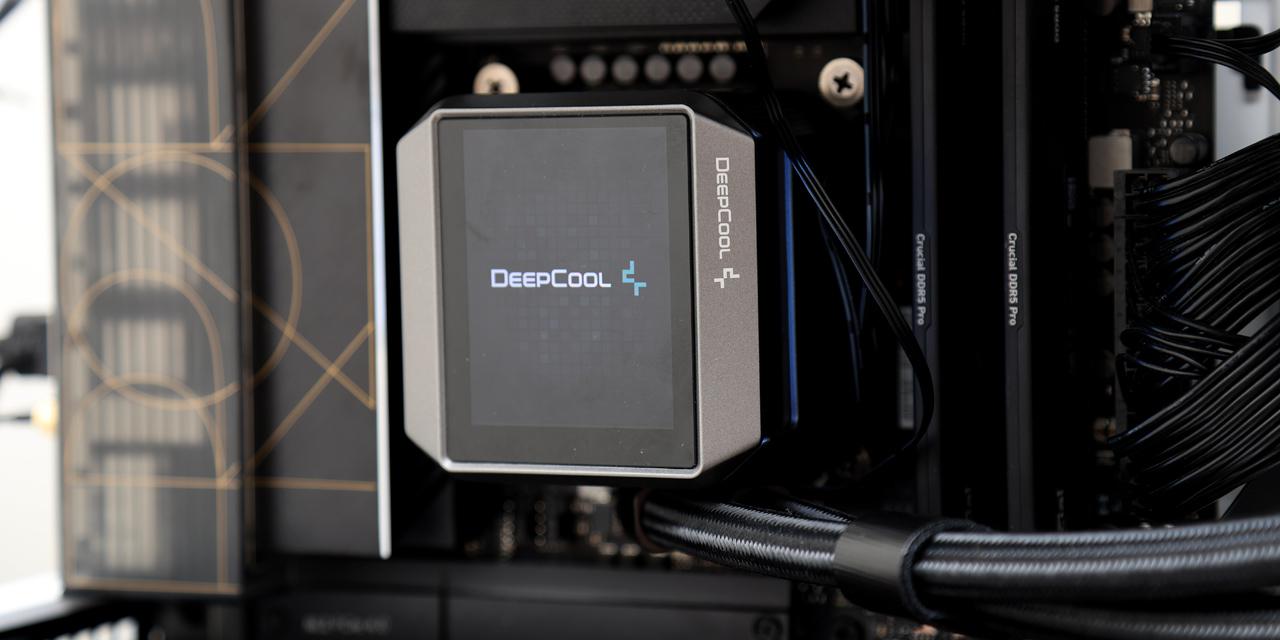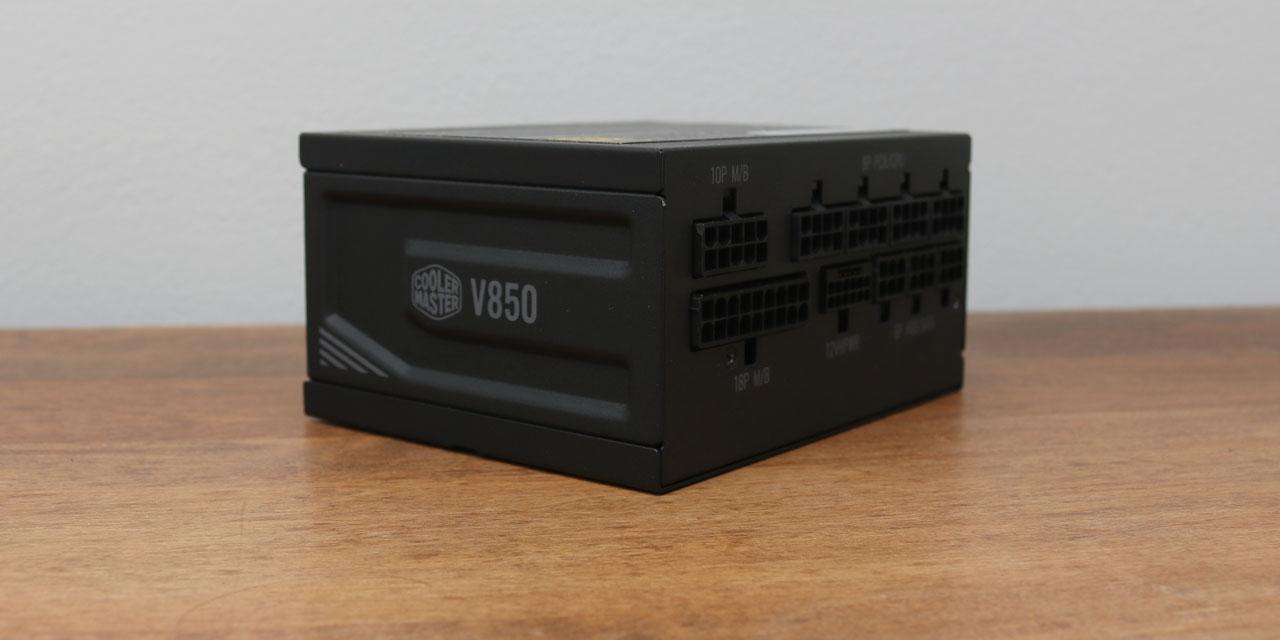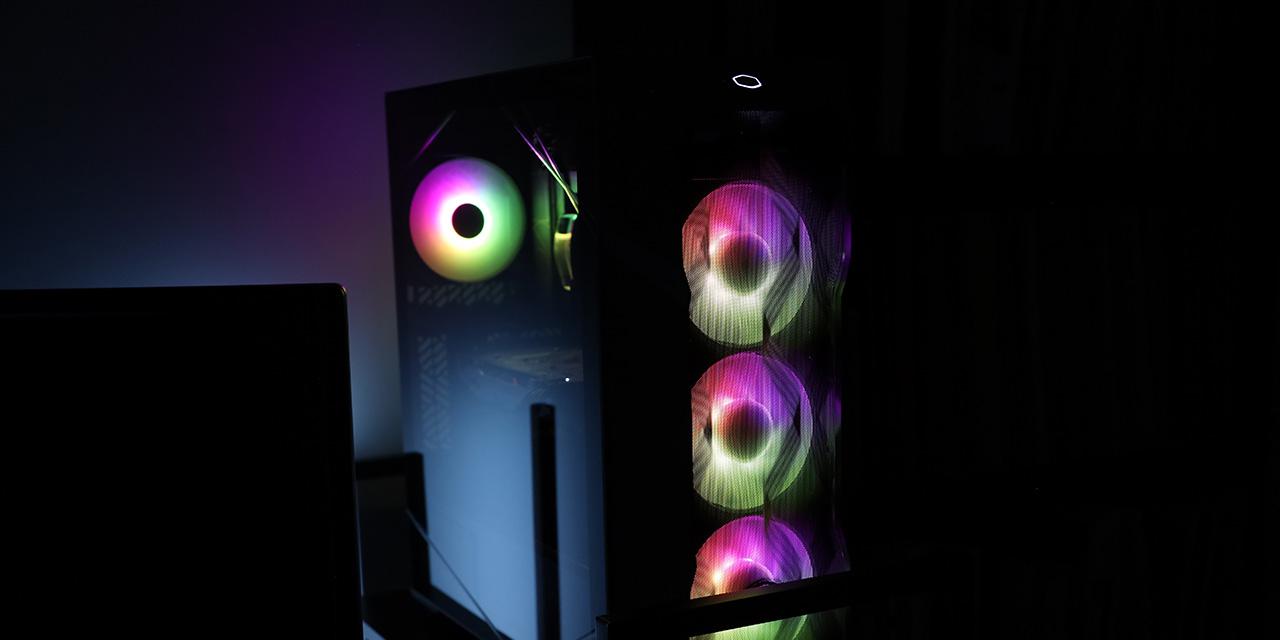|
From DailyTech: Google Inc. (GOOG) and Microsoft Corp. (MSFT) have had their say in a patent case playing out in U.S. District Court for the Western District of Washington. Federal Judge James Robart presided over the case, which wrapped up this week and is expected to give a ruling regarding licensing fees owed to Google by Microsoft and vice versa. Attorneys for Google subsidiary Motorola Mobility and their expert witness Michael Dansky flew in to Microsoft's home state this week to give pivotal testimony. Key parts of the testimony were delivered in a packed Washington state courtroom, which is open to reporters and the public. During his testimony, Mr. Dansky argued that Microsoft has garnered $94B USD in revenue from Xbox gaming consoles and the Surface tablets (both of which he says use, without proper license, wireless technology Motorola Mobility developed and patented). Comments Mr. Dansky, "You will have a difficult time selling smart phones or tablets [without Motorola Mobility's technology]." Microsoft has alleged in past testimony that Motorola Mobility and its parent Google are trying to price gouge it when it comes to royalties. Microsoft argues that it should only be obligated to pay a low royalty rate for the mobile device maker's video and wireless patents -- around $0.02 USD per device. Microsoft says it should be allowed to charge Motorola up to a 1,000x higher licensing rates as its patents are not part of industry standards. Judge Robart is set to rule on the Motorola royalties phase of the case, one of the most important parts, in the next several weeks, after both sides have had time to file some final briefs. If the federal judge decides on a larger royalty, it could help Google justify the $12.5B USD purchase cost for the patent-rich, but struggling Android phonemaker, which it is currently restructuring. If the judge tosses out a lower royalty, it not only hurts Google's revenues directly, it also sets a precedent for lower royalty rates that other rivals like Apple, Inc. (AAPL) could take advantage of in future cases. View: Article @ Source Site |
 |
Google v. Microsoft Lawsuits Wrap Up Under Cloak of Secrecy
© Since 2005 APH Networks Inc. All trademarks mentioned are the property of their respective owners.





